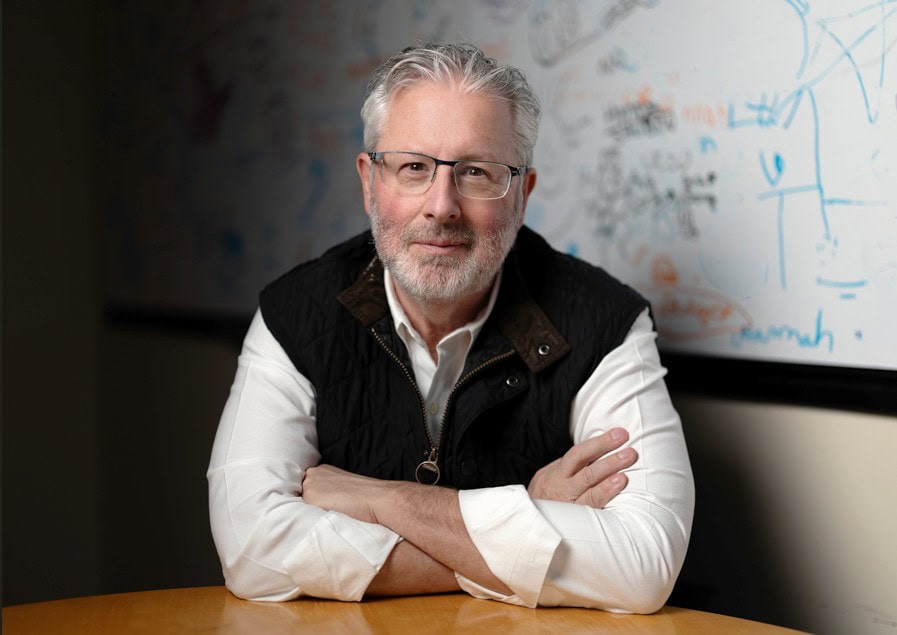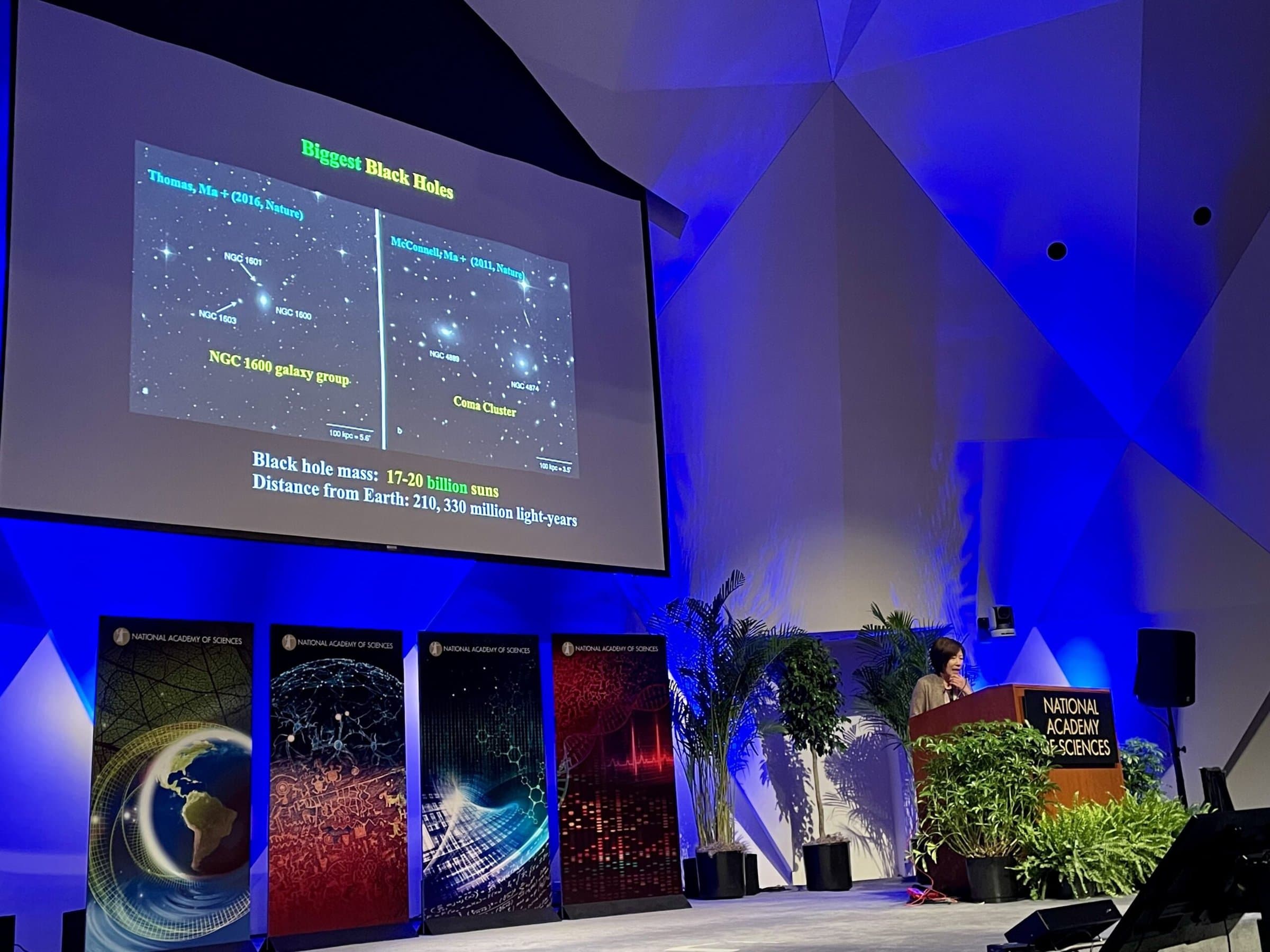Featured News
In the News
February 11, 2026
NAS Members Elected into the National Academy of Engineering
Featured
February 10, 2026
NAS Member Receives the 2026 Craaford Prize in Geosciences
Press Release
February 4, 2026
Neil H. Shubin Elected To Be Next National Academy of Sciences President; International Secretary, Councilors Also Chosen
Featured
January 27, 2026
Francis Collins to Receive Public Welfare Medal — Academy’s Most Prestigious Award
Featured
January 22, 2026
2026 NAS Awards Recipients Announced
Featured
January 22, 2026
Monica Bertagnolli Elected President of the National Academy of Medicine
Featured
November 28, 2025
From Darkness to Discovery: Celebrating Black Hole Friday with Chung-Pei Ma
News from the National Academies
News and features from the National Academies of Sciences, Engineering, and Medicine (NASEM).







